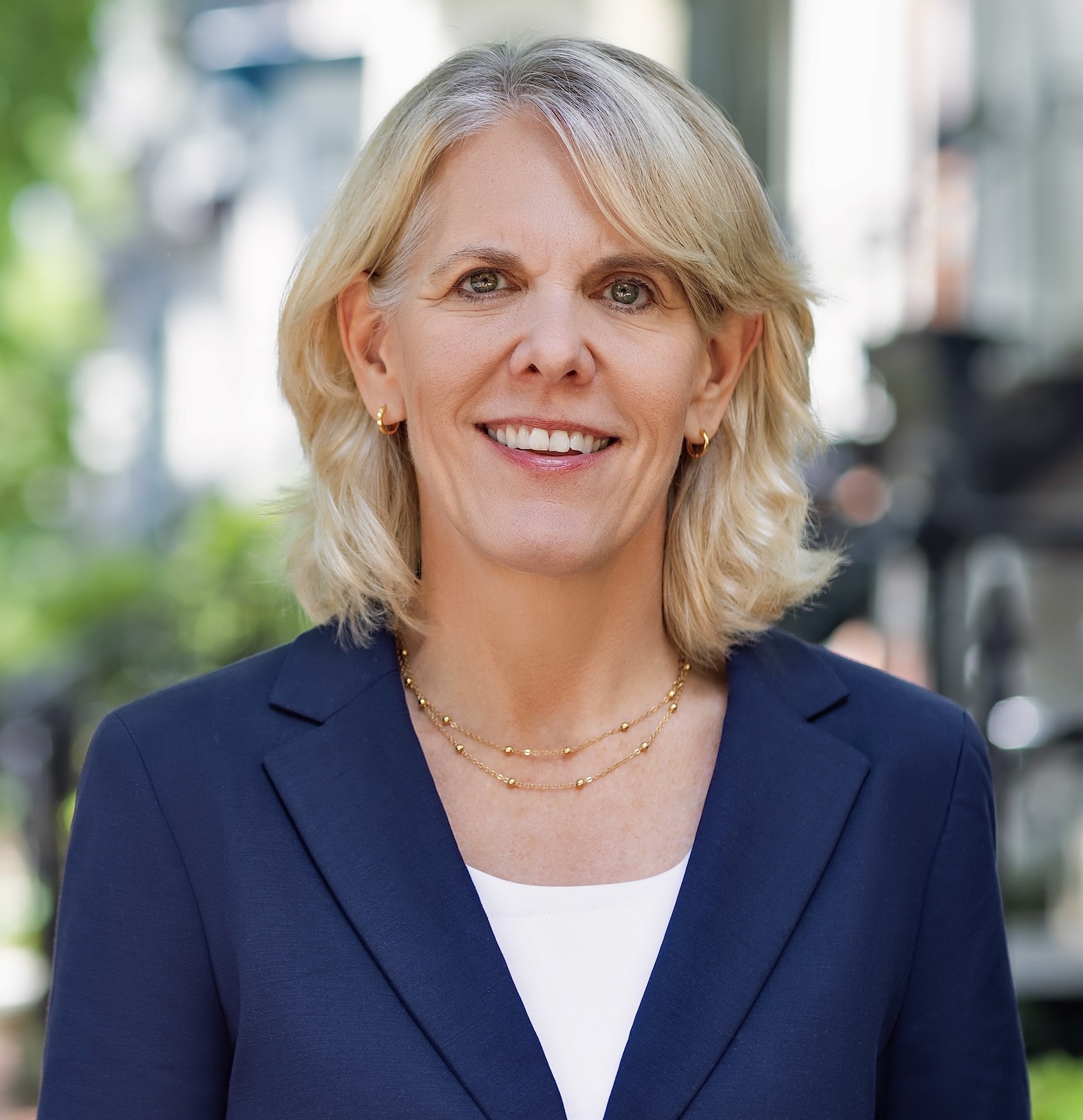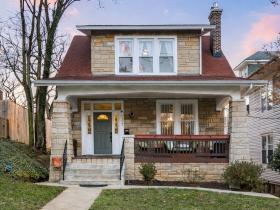What's Hot: Did January Mark The Bottom For The DC-Area Housing Market? | The Roller Coaster Development Scene In Tenleytown and AU Park
 Yes In My Backyard? YIMBY Bill Moves Forward in House Committee
Yes In My Backyard? YIMBY Bill Moves Forward in House Committee
✉️ Want to forward this article? Click here.
While the Trump administration is exploring how to address the lack of housing supply in certain areas, Congress is advancing more specific measures to increase affordable housing.
On Friday, the House Financial Services Committee voted to advance two bills which intend to alleviate the country's housing affordability crisis.
The Yes in My Backyard (YIMBY) Act, introduced in September 2019, is meant to address the impacts of discriminatory land use policies. Its passage would amend the Housing and Community Development Act of 1974 to require prospective Community Development Block Grant recipients to submit a statement accounting for how their jurisdiction is dealing with various policies.
story continues below
loading...story continues above
Those policies include:
- Expanding by-right multifamily zoning in areas zoned for residential or other uses,
- Allowing 2-4 units to be built on lots zoned for single-family,
- Allowing single-room occupancy units in any multifamily zone,
- Allowing prefabricated or manufactured homes,
- Allowing accessory dwelling units by-right,
- Allowing office unit-to-residential unit conversions,
- Creating transit-oriented development zones, and
- Reducing off-street parking minimums
The Housing is Infrastructure Act, introduced in November 2019, intends to address the public housing maintenance backlog and fund other efforts to expand affordable housing. The bill's components include:
- Appropriating $70 billion across five years for the Department of Housing and Urban Development (HUD), requiring HUD to disburse 35-75% of those funds to select public housing agencies, and requiring that public agencies compete for the remaining funds to address urgent livability concerns;
- Appropriating $5 billion to the Housing Trust Fund, prioritizing housing for the homeless;
- Appropriating $100 million for single-family home repair grants and loans;
- Appropriating $1 billion to the Native American housing block grant program;
- Appropriating $5 billion to the HOME Investment Partnership Program;
- Appropriating $2.5 billion each to supportive housing assistance for the elderly and for those with disabilities; and
- Appropriating $10 billion to the Community Development Block Grant program to expand development and preservation of affordable housing while reducing zoning barriers and impact fees associated with affordable housing production.
The bills are advancing to the House of Representatives, and the House is expected to vote on the YIMBY Act the first week of March.
See other articles related to: affordable housing, affordable housing production, congress, federal government, house of representatives, preservation of affordable housing, yimby
This article originally published at https://dc.urbanturf.com/articles/blog/yimby-bill-moves-forward-in-house-committee/16527.
Most Popular... This Week • Last 30 Days • Ever

As mortgage rates have more than doubled from their historic lows over the last coupl... read »

The small handful of projects in the pipeline are either moving full steam ahead, get... read »

Lincoln-Westmoreland Housing is moving forward with plans to replace an aging Shaw af... read »

The longtime political strategist and pollster who has advised everyone from Presiden... read »

A report out today finds early signs that the spring could be a busy market.... read »
DC Real Estate Guides
Short guides to navigating the DC-area real estate market
We've collected all our helpful guides for buying, selling and renting in and around Washington, DC in one place. Start browsing below!
First-Timer Primers
Intro guides for first-time home buyers
Unique Spaces
Awesome and unusual real estate from across the DC Metro














